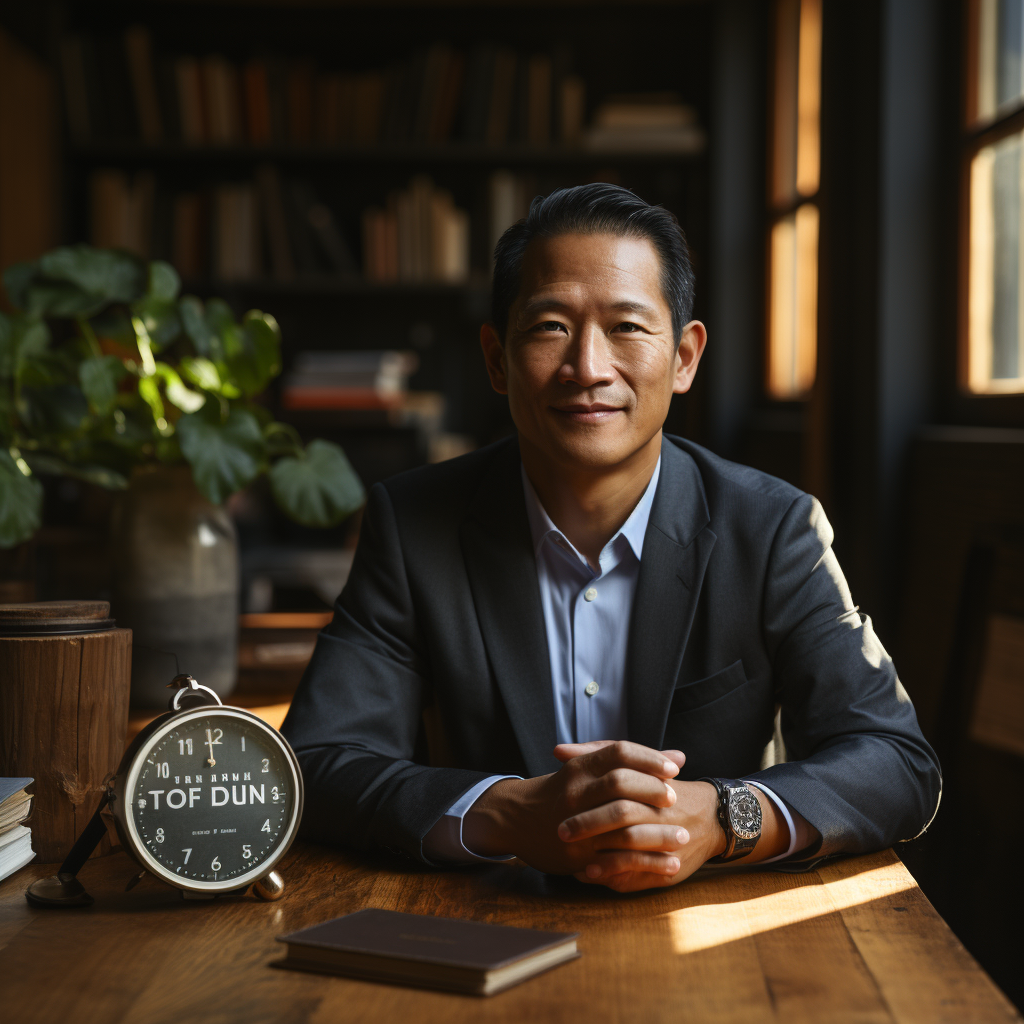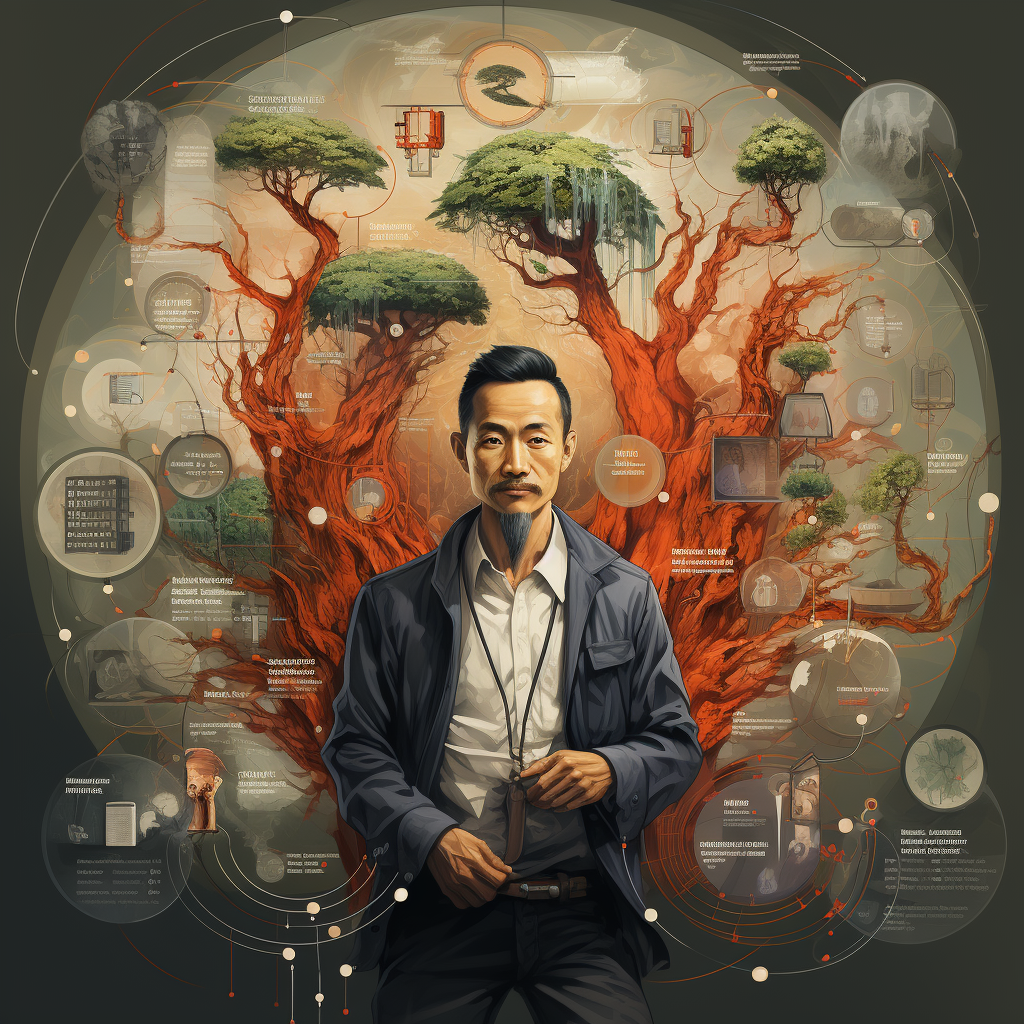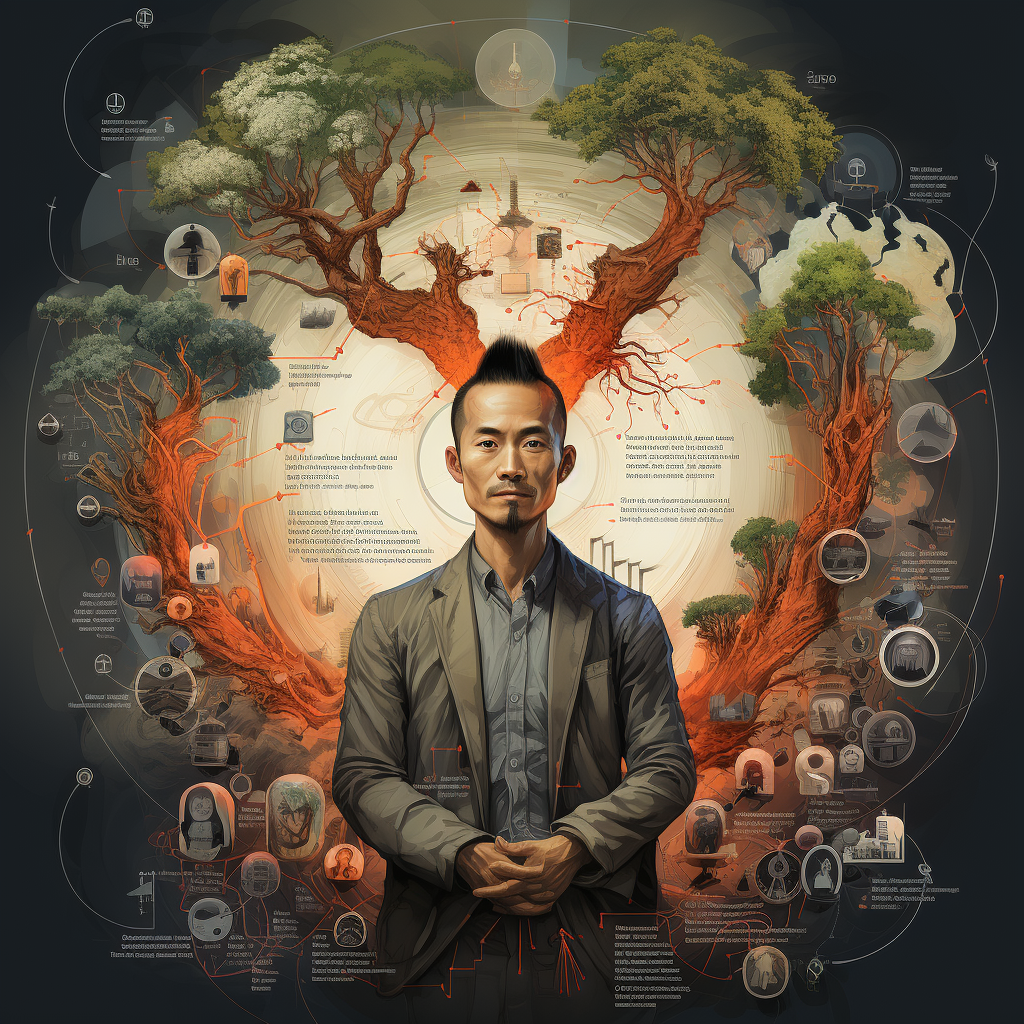Di Tran, the acclaimed author of “Drop the ME and focus on the others” and other notable books, had an unexpected encounter with bourbon that forever changed his palate. For someone who spent over 28 years in Louisville, KY—a city that breathes bourbon—it might seem peculiar that Tran avoided the drink for so long. Yet, when he finally did taste bourbon, it was not just any bourbon, but T. George Stagg that won him over. Why did Di Tran switch from Cognac, a common drink among Asians, to barrel-proof bourbons? Let’s dive deep into the scientific nuances behind this transformation.
Cognac vs. Bourbon: Understanding the Basics
To appreciate the change in Di Tran’s preference, it’s vital to understand the fundamental differences between Cognac and bourbon:
- Origin & Raw Materials: Cognac is a variety of brandy made in the Cognac region of France, distilled from white wine made of Ugni Blanc grapes. Bourbon, on the other hand, originates from the U.S., and its primary ingredient is corn, with at least 51% of its grain mixture being corn.
- Aging Process: Cognac matures in French oak barrels, whereas bourbon often ages in new charred oak barrels, imparting distinct flavor profiles to each spirit.
- Taste & Flavor: Cognac usually presents flavors of fruits, nuts, and sometimes floral notes, given its grape origin. Bourbon boasts a more comprehensive range of flavors, from caramel, vanilla, and oak to more intense flavors like spice, leather, and tobacco, often due to the charring of barrels.
The Science Behind the Shift in Preference
- Complex Flavor Profile: High-proof bourbons like Weller Antique, Old Forester Single Barrel, and 1792 Full Proof have an intense flavor because of the higher concentration of alcohols and congeners—compounds that give flavor. These bourbons provide a robust and multi-layered tasting experience. It is possible that after years of drinking Cognac, Tran’s palate was seeking complexity, and barrel-proof bourbon provided that depth.
- Mouthfeel: The high alcohol content in barrel-proof bourbons leads to an intensified ‘burn’ or ‘tingling’ sensation on the palate, often associated with a richer, more full-bodied experience. This might be appealing to someone looking for a spirit with character and assertiveness.
- Chemical Compounds: The various compounds in bourbon, including lignin, lactones, and tannins from the oak, contribute to its unique flavor. These interact differently with our taste buds compared to the compounds in Cognac, providing a distinct tasting experience.
- Cultural Influences: Living in Louisville, the heart of bourbon country, there might have been subconscious cultural influences at play. The popularity and reverence of bourbon in the region might have piqued Tran’s interest and predisposition towards it.
Is Di Tran’s Preference for High-Proof Bourbon Uncommon?
Not really. While many people enjoy a wide range of alcohol proofs and flavors, some gravitate towards stronger, high-proof spirits for their boldness and intricate taste profiles. It is akin to someone preferring dark chocolate over milk chocolate due to the intense and pure cocoa experience. The beauty of alcoholic beverages lies in their diversity, and everyone’s palate is unique. What might be overpowering for one might be just right for another.
In conclusion, while Di Tran’s transition from Cognac to high-proof bourbon might seem intriguing, it can be scientifically understood by delving into the complexities of flavor profiles and the chemical interactions of these spirits. His specific preference showcases the vast spectrum of human palates and the joy of discovering and evolving one’s tastes.













